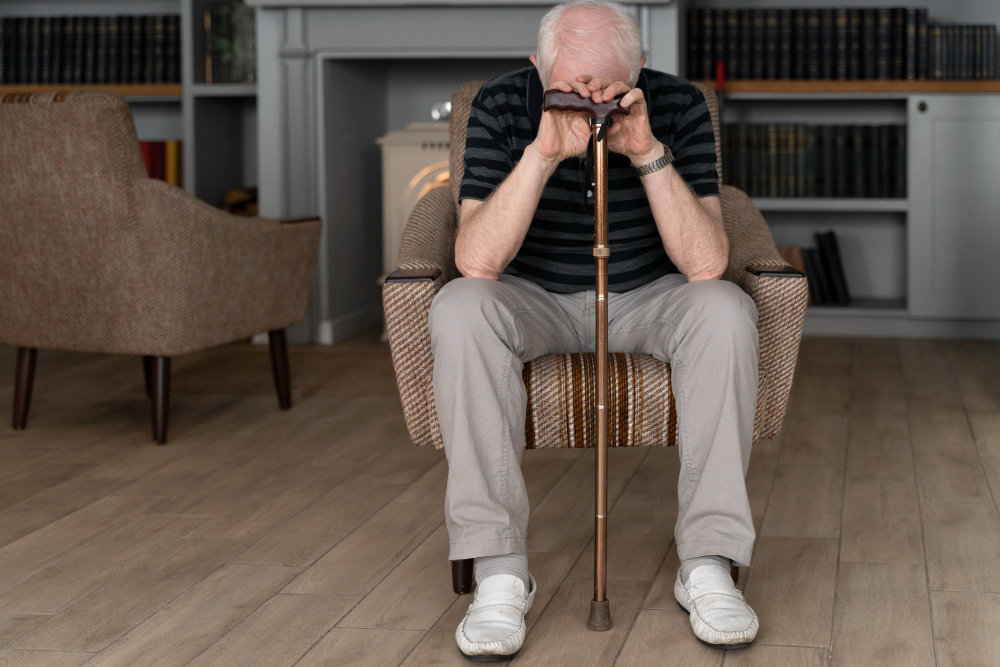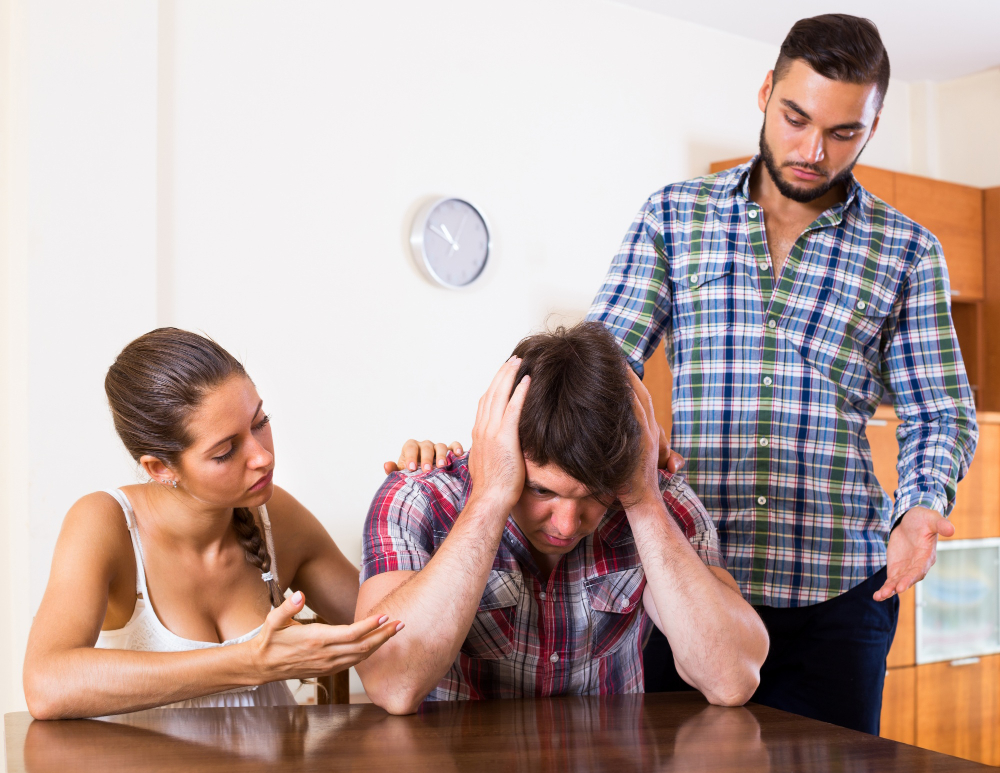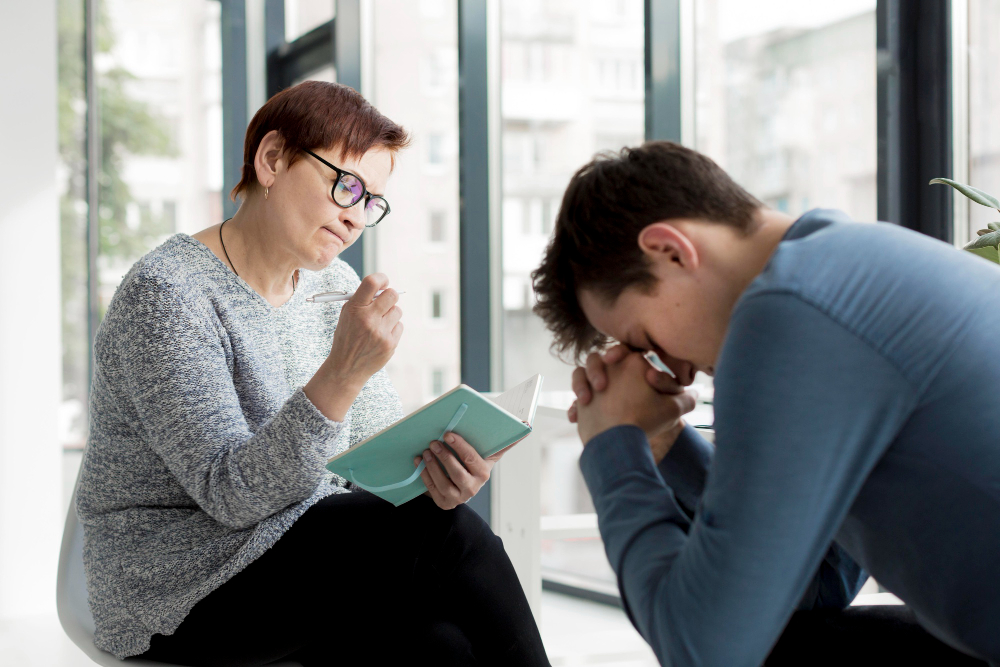Dementia is a broad term encompassing symptoms like deficits in memory, language, planning, organising, reasoning and problem-solving. It is the prominent cause of disability and dependency among the elderly across the globe and is currently the 7th leading cause of death due to diseases. The onset of dementia starts at around 65 years of age and is prevalent among (1/3rd of people) in the 85+ age group but extremely rare in younger people near about 30 age group. There are more than 10 million cases of Dementia in India.
The most common form of dementia is Alzheimer’s disease. It is a progressive disease characterised by forgetfulness and proactive amnesia, i.e. inability to form new memories. Other problems are difficulty in decision-making and poor judgment. Vascular dementia, another type of dementia, arises suddenly, such as after the person experiences a stroke; it can also proceed slowly after experiencing a series of strokes. The person experiences confusion, memory loss and problems with concentration. Another subtype is Lewy body dementia. In this, the movements get affected. People might fall while walking or experience tremors or rigidity of muscles.
Symptoms of Dementia:
Symptoms of Lewy body dementia overlap with Parkinson’s disease. The patient also experiences hallucinations and confusion with severely disturbed sleep. They can easily fall asleep during the day and have difficulty doing the same at night.
Frontotemporal dementia is another subtype that affects behaviour, personality and language. Changes in eating patterns, lack of personal hygiene, insensitivity towards others, and difficulty in communication are common symptoms of this dementia.
The last subtype is early onset dementia, diagnosed in people between 40 to 50 years of age with a family history of dementia, Parkinson’s, Huntington’s disease, HIV and AIDS. Also, another subtype is called mixed dementia. In such cases, multiple causes lead to the onset of dementia.
Signs of the onset of dementia include problems with short-term memory, language problems, disorientation, poor judgment and others. Short-term memory loss is an early symptom of dementia. Examples could forget where one has left their phone or wallet or slipping to pay bills. The person may also have difficulty remembering their appointments or even have hassles remembering what they had in the morning. All the symptoms of dementia are progressive. It means that they get worse with time. Hence, it is necessary to consult a doctor immediately as early intervention can help in future life.
Causes of Dementia:
Chronic stress is a big cause of dementia. Another significant cause of dementia is damage to brain cells. Also, because of this damage, the ability of brain cells to communicate with each other is retarded. This loss of communication further leads to abnormal thinking patterns. Emotions, behaviour and social relationship, are hampered because of these changes.
Treatment of dementia varies along with its causes. Palliative care is a treatment set up for patients with dementia that accommodates together and attempts to relieve their symptoms. The main aim of such care is to improve the quality of life by providing the patient tips to become independent and manage daily life tasks. No Medicine can cure dementia, but it may help to improve cognitive functioning, feelings and behaviour. The cognition-enhancing medication works the best. Therapy and counselling can also be beneficial. When people are diagnosed with a lifelong disease, this creates feelings of anger and anxiety. Receiving professional help in early times can better prepare the patient and their caregivers to deal with what is about to come in the future. Counselling can also help caregivers and loved ones provide emotional support to the patient when they need it the most.
As a renowned Psychologist/Mental Health Professional in Delhi, NCR, and India, Dr Nisha Khanna proffers online, telephonically and face-to-face Counselling Services. If you live in Delhi, India or any other part of the World, you can approach us through any of these mediums. For further details, visit Bye Tense, or call us at +91-9818211474




Follow Us